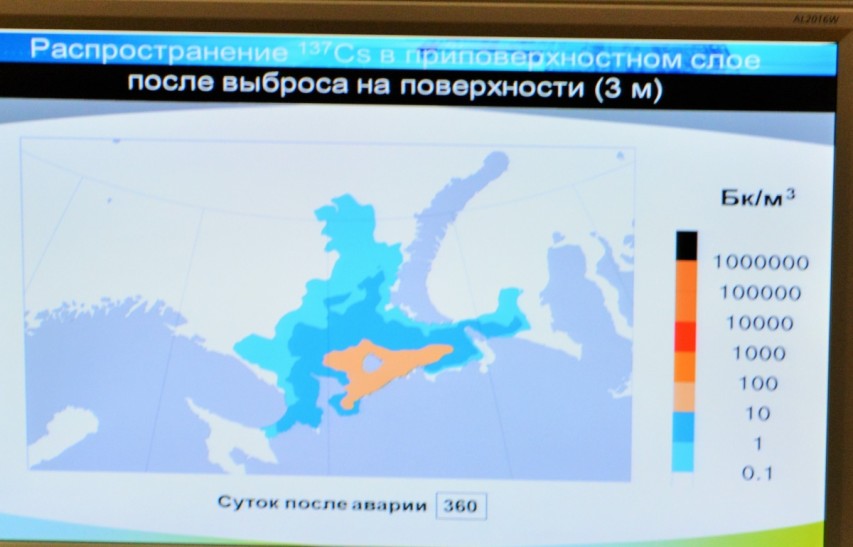At Strategy Page, a look at the “Red Team revolution”:
Red Teams came out of wargaming. There, the “Red” team represented the enemy, while the “Blue” team played the good guys. Beginning in the late 1970s the U.S. Army adopted a form of wargaming based on historical models but where commanders are presented with very realistic situations for future battles. This was applying to wargames the old phrase, “train as you fight, and fight as you train.” But in addition to providing more realistic games for training, this style of wargames also made it possible to analyze war plans as never before. In the past, your war plans didn’t really get a workout until you were in combat against a real, live Red Team (the enemy). The new wrinkle was that it was now easier to have your own people provide an effective, if not perfect, Red Team experience because of all those officers with wargame experience.
So now the senior commanders of the U.S. Army have been sending Red Teams around to the major commands, to play devil’s advocate to whatever war plans senior commanders and their staffs have come up with. It’s not new, really. The concept of “devil’s advocate” has been around for a long time. But now the army has institutionalized it and used more powerful techniques (wargaming) to implement it.
This all began back in the 1980s, when realistic wargaming was catching on, especially among the students at the Command and General Staff School (C&GSS) and the Army War College AWC). The younger officers at the C&GSS were particularly enthusiastic, and they came to be known as the “Jedi Knights,” mainly because the analytic skills obtained from playing lots of wargames, gave them a seemingly magical ability to find flaws in war plans. That’s what the Red Teams are all about, Jedi Knights on steroids. Since then the Staff School at Leavenworth has established courses for training Red Team members, some of the courses are 18 weeks long.
And what would the poor Red Team officers do when, as in Japanese wargaming before the Battle of Midway, the Blue force commanders “re-floated” most of the losses, thereby winning the game (but losing the war)? You don’t subordinate the Red Team to the local commander:
The Red Teams all report to the head of the army, which insures that none of the commanders they are working with try to pull rank. The Red Teams give the Chief of Staff of the army regular reports on how effective the many war plans developed in the army combat units are holding up to scrutiny, which is a unique capability in the military world.




